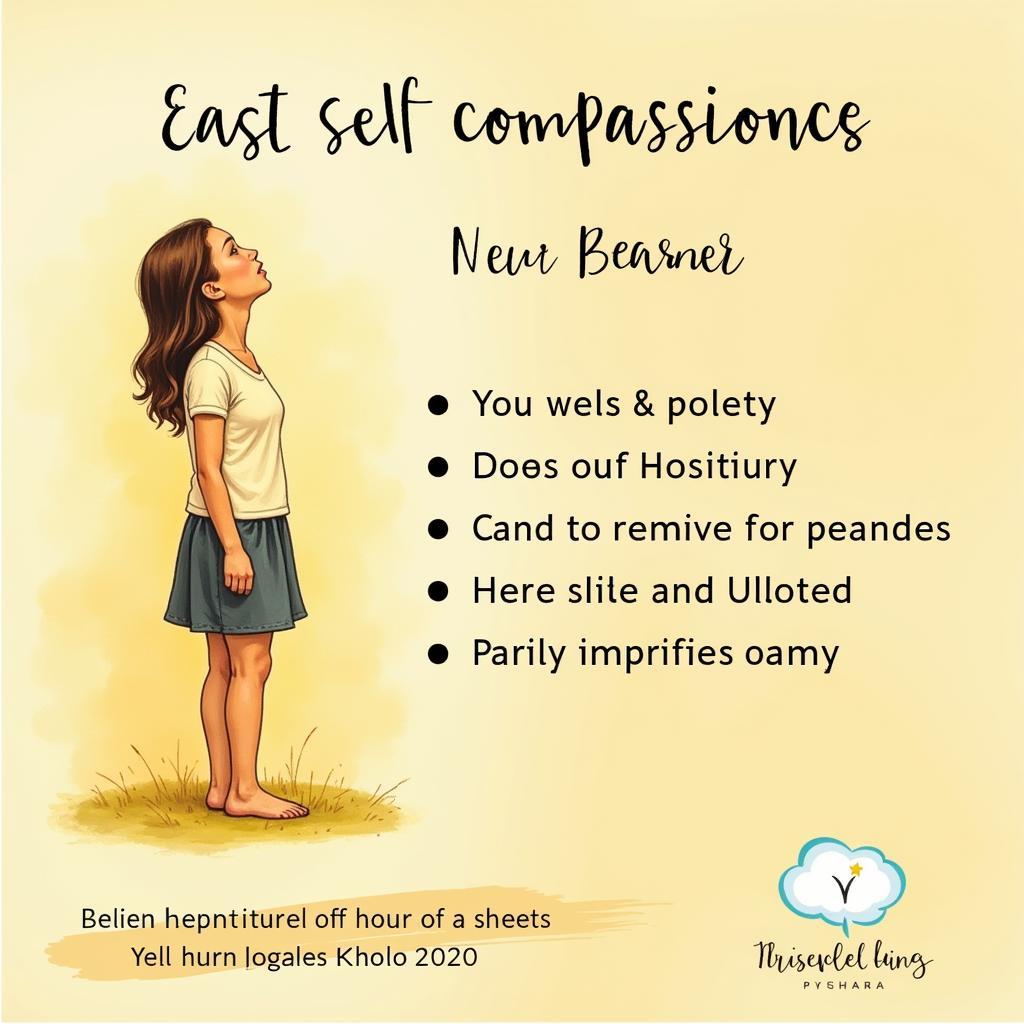“Humse toh woh behtar hai” – a Hindi phrase translating to “They are better than me” – encapsulates a universal feeling of inadequacy. This sentiment, while common, can be a heavy burden to carry. It can impact our self-esteem, relationships, and overall well-being. This article explores the complexities of this feeling, delving into its potential causes, its impact, and ultimately, how to navigate it.
Why Do We Feel “Humse Toh Woh Behtar Hai”?
The feeling of “humse toh woh behtar hai” can stem from a variety of sources. Societal pressures, particularly in the age of social media, often contribute to unrealistic comparisons. We see curated versions of others’ lives, leading us to believe that everyone else is happier, more successful, or more fulfilled. This constant exposure can fuel feelings of inadequacy and self-doubt.
Another contributor is our internal dialogue. Negative self-talk can amplify our perceived shortcomings, making us feel inferior to others. Past experiences, particularly those involving criticism or failure, can also contribute to this feeling.
The Impact of Feeling “Humse Toh Woh Behtar Hai”
The impact of constantly feeling “humse toh woh behtar hai” can be significant. It can lead to decreased self-esteem, making it difficult to believe in our own abilities. This can manifest in various ways, from avoiding challenges to struggling with imposter syndrome.
Furthermore, these feelings can negatively affect our relationships. Jealousy, resentment, and a sense of competition can strain connections with loved ones. It can also lead to social withdrawal and isolation.
 Impact on Relationships and Self-Esteem
Impact on Relationships and Self-Esteem
Overcoming the “Humse Toh Woh Behtar Hai” Mindset
While the feeling of “humse toh woh behtar hai” can be pervasive, it’s not insurmountable. Recognizing the root causes is the first step towards overcoming it. Challenging negative self-talk and replacing it with positive affirmations can help rebuild self-esteem.
Focusing on our own strengths and accomplishments is crucial. Instead of comparing ourselves to others, we should celebrate our unique qualities and progress. Practicing self-compassion and accepting our imperfections can also alleviate these feelings. Seeking professional help, such as therapy or counseling, can provide additional support and guidance.
 Overcoming Inadequacy and Embracing Self-Compassion
Overcoming Inadequacy and Embracing Self-Compassion
Conclusion: Embracing Your Own Worth
“Humse toh woh behtar hai” is a sentiment many of us experience. However, recognizing its impact and actively working to challenge it is crucial for our well-being. By focusing on our own strengths, practicing self-compassion, and seeking support when needed, we can move towards a more positive and fulfilling life. Remember, your worth is not determined by comparisons to others, but by the unique individual you are.
FAQ
-
What does “humse toh woh behtar hai” mean?
It means “They are better than me.” -
How can I stop comparing myself to others?
Focus on your own strengths and accomplishments. -
Is it normal to feel inadequate sometimes?
Yes, it’s a common human experience. -
What can I do if these feelings are overwhelming?
Seek professional help, such as therapy or counseling. -
How can I build self-compassion?
Practice self-kindness and acceptance.
Need more support?
Explore other articles on ViperCircle related to self-esteem, relationships, and overcoming negative thoughts.
If you need further assistance, please contact us: Email: Contact@ViperCircle.com Address: G-5, लोअर परेल, सेनापति बापट मार्ग, मुंबई, महाराष्ट्र – 400013, भारत।. We have a 24/7 customer support team.